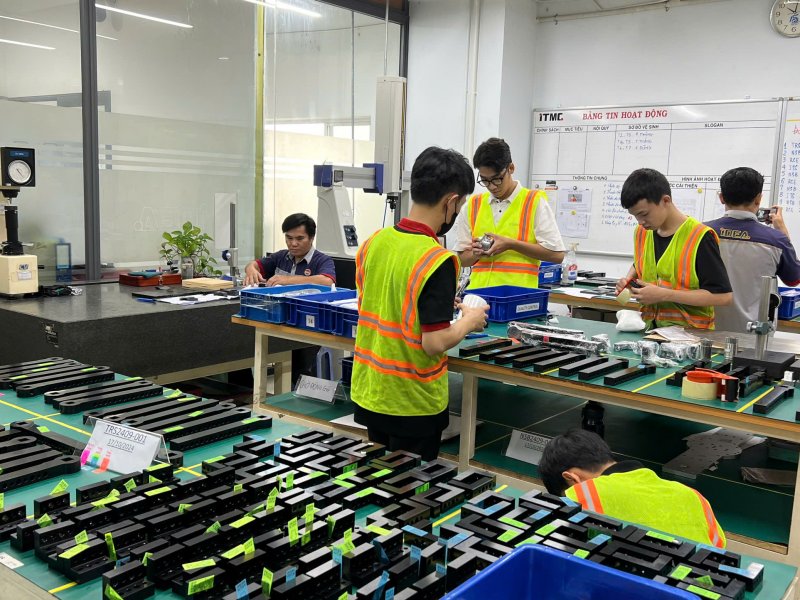The evolution of industrial automation has revolutionized manufacturing, and at the heart of this transformation lies the integration of industrial sensors, automation, smart control technologies. These components empower machines to perceive their environment, react to conditions in real time, and boost overall operational efficiency. From predictive maintenance to real-time monitoring, incorporating sensor technologies has become essential in optimizing automated systems for reliability and precision.

Why Industrial Sensors Are Essential in Automation
Industrial sensors act as the eyes and ears of automated systems. They’re responsible for detecting physical inputs such as pressure, temperature, distance, and motion, and converting them into actionable data. This integration fosters smarter machines that adapt and respond without human intervention, driving exponential gains in productivity and safety.
- Enhanced Accuracy: Real-time data optimizes decision-making in control systems.
- Reduced Downtime: Predictive insights help prevent equipment failure before it occurs.
- Improved Safety: Automatic detection of unsafe conditions reduces workforce risks.
Types of Industrial Sensors in Smart Control Systems
A variety of sensor technologies are employed depending on the application. Key sensor types include:
- Proximity Sensors: Ideal for detecting the presence or absence of objects without physical contact.
- Temperature Sensors: Ensure thermal conditions are kept within optimal operating ranges.
- Pressure Sensors: Monitor fluid or gas pressure levels in hydraulic and pneumatic systems.
- Vibration Sensors: Crucial in condition monitoring and predictive maintenance scenarios.
- Optical Sensors: Utilize light to detect product orientation, color, or barcode data.
Smart Control Through Sensor Integration
Effective smart control requires seamless data exchange between industrial sensors and the overarching automation architecture. Sensor integration with programmable logic controllers (PLCs), human-machine interfaces (HMIs), and SCADA systems enhances centralized monitoring and adaptive control.
For example, insights from [http://chetaomayidea.com/] confirm that combining sensor instrumentation with AI-driven algorithms leads to dramatically improved machine learning outcomes and system diagnostics. Likewise, [https://ideagroupvn.com/] highlights that real-time analytics from sensor data significantly lower operational costs and elevate productivity benchmarks.
Challenges and Best Practices
- Compatibility: Ensure that sensors are compatible with existing hardware and communication protocols.
- Scalability: Choose modular systems to accommodate future expansion without extensive retrofitting.
- Environmental Suitability: Select sensors with rugged casings and ingress protection (IP) ratings for industrial environments.
- Regular Calibration: Maintain high accuracy by following a consistent calibration schedule.
Industrial Applications and Use Cases
Integrating industrial sensors, automation, smart control solutions is critical across a range of sectors:
- Automotive Manufacturing: Sensors manage robotic welding and painting processes with pinpoint precision.
- Food & Beverage: Real-time sensors ensure hygiene standards and efficient packaging controls.
- Electronics: Precision placement, soldering, and inspection are streamlined using advanced optics and proximity sensors.
- Pharmaceutical: Track and trace systems rely heavily on sensor-integrated automation to ensure compliance and traceability.
Partner with IDEA for Intelligent Sensor Integration
Whether you’re launching a new production line or retrofitting an existing system, proper integration of industrial sensors, automation, smart control components is key to unlocking operational excellence. At IDEA Technology, we specialize in end-to-end industrial automation and smart manufacturing solutions tailored to your specific needs.
As a trusted leader in smart machine design based in Vietnam, our team offers deep expertise, proven solutions, and ongoing support to help manufacturers across industries stay competitive. Reach out to IDEA today and discover how intelligent sensor integration can transform your factory into a future-ready powerhouse.




Leave a Reply